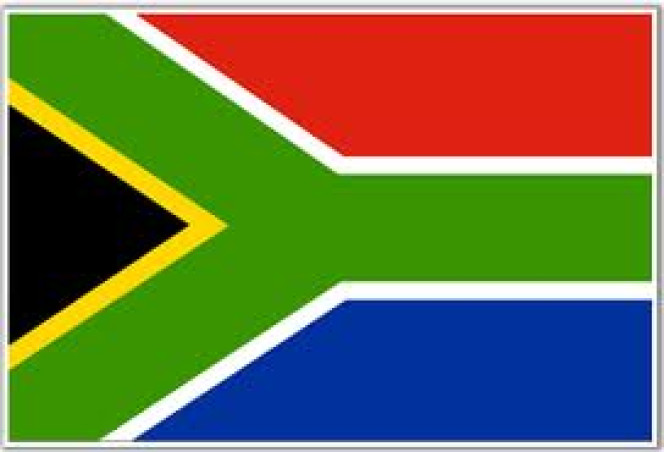JOHANNESBURG – South Africa’s e-commerce market is bracing itself for increased consolidation, with more mergers and acquisitions expected as traditional retailers eye the online shopping space.
Despite the country being the best market for online shopping than its African counterparts, South Africa is said to be a challenging environment for players to punch above their weight.
“The online market in this county is still hard to understand,” says CEO of Groupon Daniel Guasco. “There are real challenges for traditional retailers in terms of their pricing and as they come online there will be more competition. As consumers come online, the economics will change and we have to be aggressive.”
Guasco’s view is supported by the recent merger between the country’s two biggest general electronic retailers Kalahari.com and takealot.com. The move, Kalahari.com said in October, was driven by the heated competition between online players and brick and mortar retailers.
The competition was further exacerbated by foreign heavyweights such as Amazon and Alibaba.
“After many years of losses on Kalahari, and four years on takealot, we realise we have to work together if we are to survive and prosper,” it notes.
Opportunities aplenty
Despite the battle for market share among online retailers, the African continent still has an attractive consumer base waiting to be unlocked.
Speaking at the Retail Congress Africa on Wednesday, Groupon co-CEO Emilian Popa says investors continuously ask if e-commerce is going to be profitable in Africa, given the continent’s socio-economic challenges.
“There are 175 million [online shopping] users today and there will be 600 million users in 2025. Internet penetration is 16% today and will be 50% in 2025. There are 57 million people who have smartphones in Africa and there will be 360 million in 2025. There are clear opportunities,” Popa explains.
In Africa, Popa says the biggest e-commerce markets are South Africa and Nigeria. On a city basis, South Africa’s Johannesburg, Cape Town, Durban and Pretoria are popular e-commerce destinations – representing 95% of online shopping activity on the continent. “The rest of the locations are expensive to service, there is low internet penetration,” he says. Nigeria, Africa’s biggest economy, is showing e-commerce growth, particularly in Lagos.
But internet connectivity still spooks online shopping growth in markets with large populations and lucrative consumer spending habits – of largely LSM seven to ten groups.
“If we look at the inhibitors of online shopping, it is all about connectivity,” Guasco explains. “If you are not connected you can’t buy online. What worked for Groupon is that connectivity was growing [when we entered the market].”
Another challenge is that consumers still fear paying for online goods, but this depends on which country is in question, says Popa. “If you look at Nigeria, 95% of people pay using cash and in South Africa 70% of consumers use cards,” he says. Popa adds that what makes South Africa unique is the mix in payment methods, as consumers still use debit or credit cards and still opt to use cash.
Another game changer for South Africa will be the use of mobile-based payments. MasterCard vice president of global insights Theodore Iacobuzio says mobile payments will take off further within the next 18 to 24 months.
“For retailers there are four drivers: supply, demand, innovation and institutions. For a retailer, the number one is demand. When consumers want a product, the retailers will have to deliver,” Iacobuzio says.
 Africas leading resource for digital financial services
Africas leading resource for digital financial services



comments